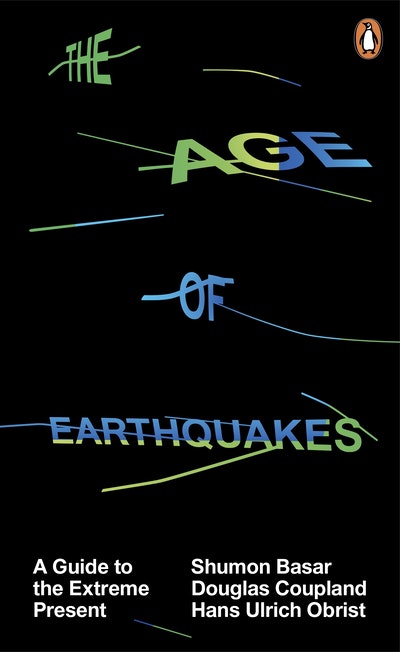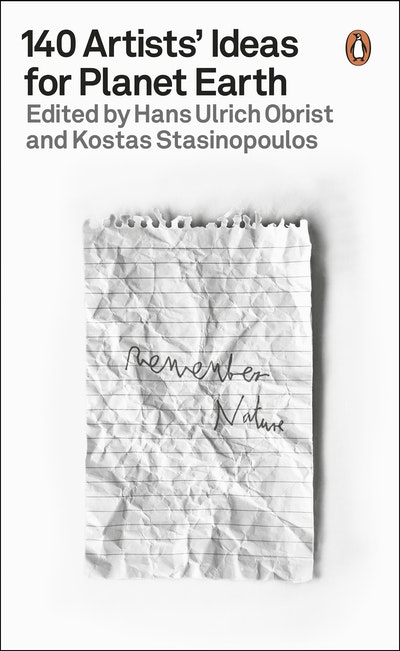- Published: 22 April 2015
- ISBN: 9780141979564
- Imprint: Penguin Press
- Format: Paperback
- Pages: 256
- RRP: $45.00
The Age of Earthquakes
A Guide to the Extreme Present
- Published: 22 April 2015
- ISBN: 9780141979564
- Imprint: Penguin Press
- Format: Paperback
- Pages: 256
- RRP: $45.00
Brainy book that will rock your world
Evening Standard
Absolutely amazing
Jon Snow, Channel 4 News
An email-like, culturally-perceptive exploration of our digital realities... a mix between a dystopian modern glossary, Internet memes, multiple-choice dropdowns, mindsourced images and a fair bit of wisdom, it is a self-help book for the "last generation that will die"
AnOther Magazine
A philosophical Anarchist Cookbook for the online era, when we are in touch with everyone at once all the time, or like to feel that we are... Like Marshall McLuhan's iconic dictum "the medium is the message" or the staccato bursts of meaning of George W.S. Trow's essay-book In the Context of No Context, The Age of Earthquakes is an abstract representation of how we feel now about how we are now. It's a book insistently engaged with the present tense... Perhaps it is the 21st century's first book-meme
Pacific Standard
Many of us feel like technologies of the future are arriving too slowly, but a new philosophy-cum-modern-self-help book suggests that, in fact, it's dawning on us faster than we ever thought possible
Vice
A pocket-sized primer on our blossoming obsolescence
Kate Sutton, Art Forum
Age of Earthquakes = panic-inducingly addictive
Penny Martin, editor of The Gentlewoman
It's a fun, visual and easy read. Verdict: In the future all books will be written this way
Sultan Saood Al Qassimi
An abstract representation of how we feel about our digital world
Hello!
I don't know about you but I would very much like a guide to this brave new world
Huck
Addictive... A fun read. But one that makes you question how you read, why you read and just how much the internet has restructured our brains... It is a book not only inspired by the internet, but seemingly written by the internet. It is as if the internet gained not only artificial self-consciousness but wisdom - and then became your pal
Tod Wodicka, National
I think everyone should read it
Mike Pinnington, Double Negative
The Age of Earthquakes seeks to induce paradoxical visions of the contemporary, both ambivalent and critical
V Magazine










